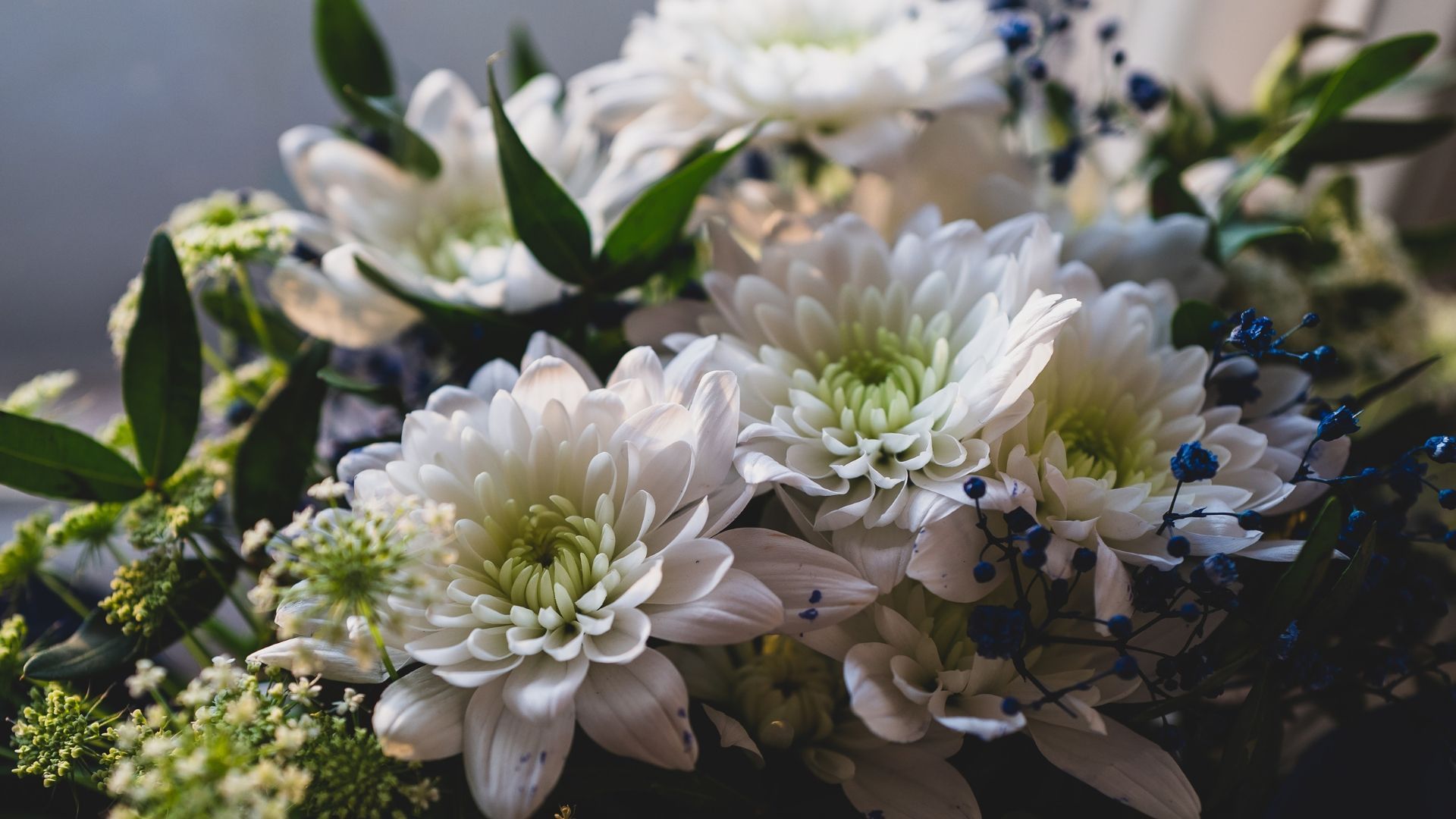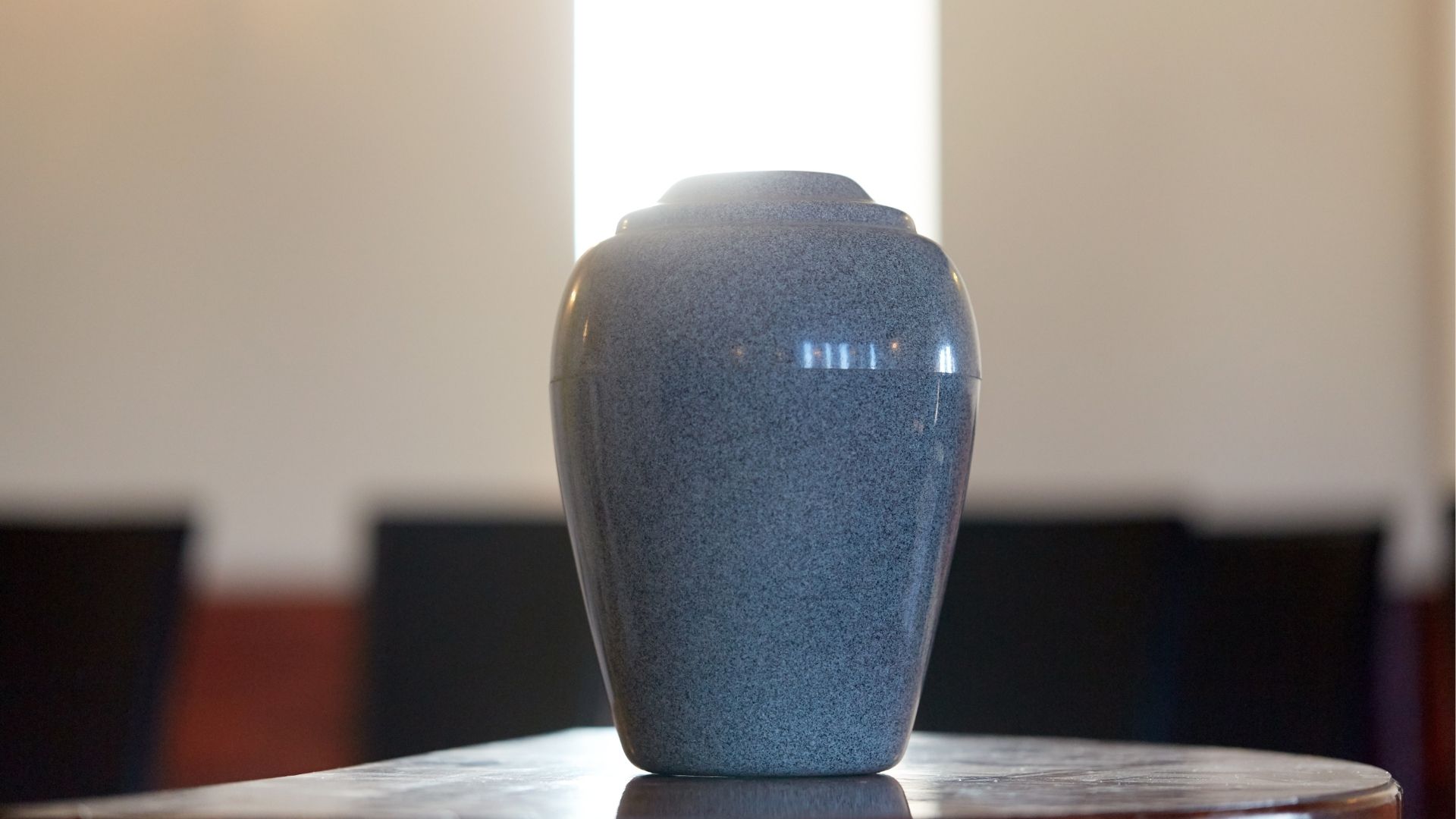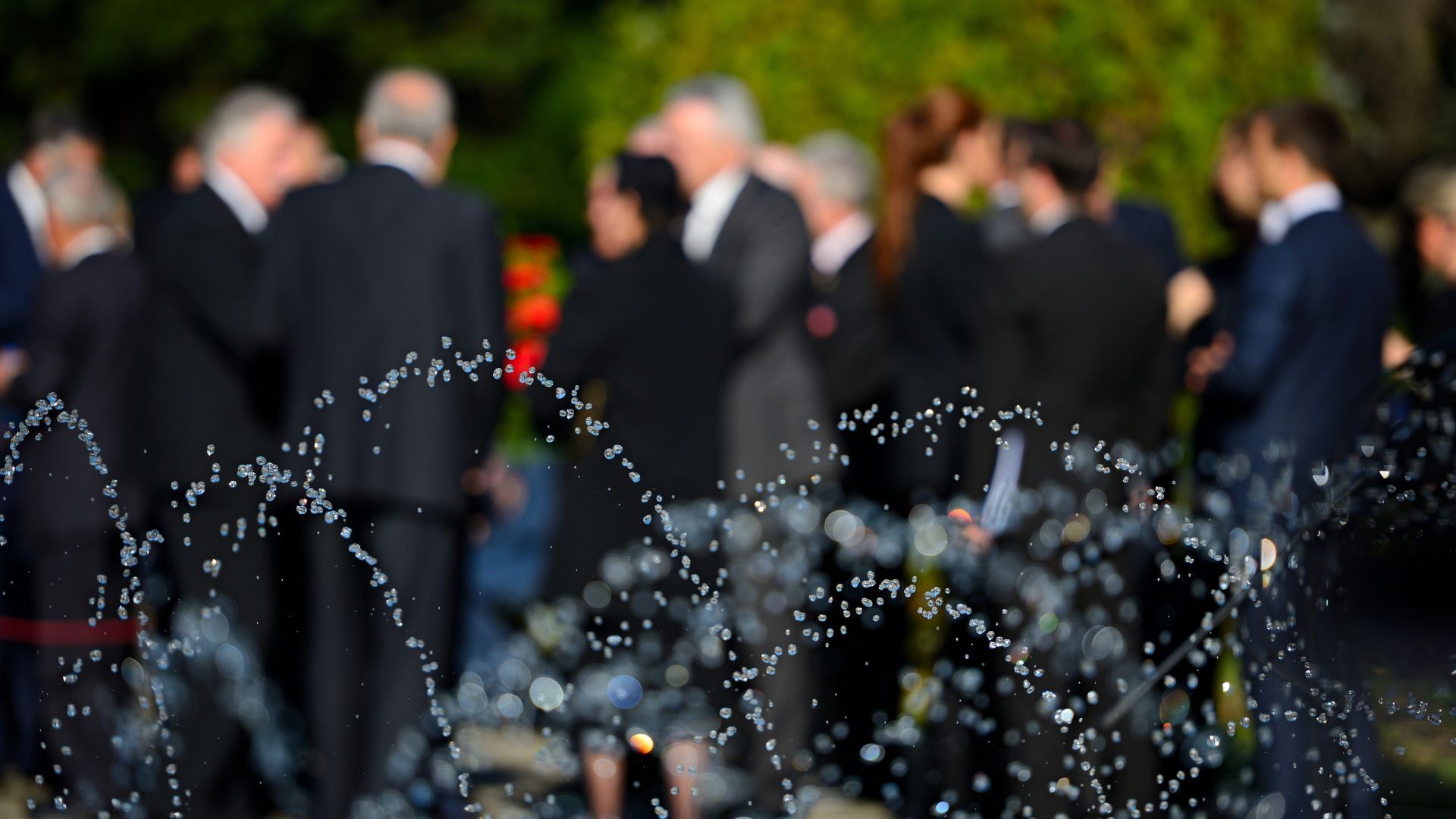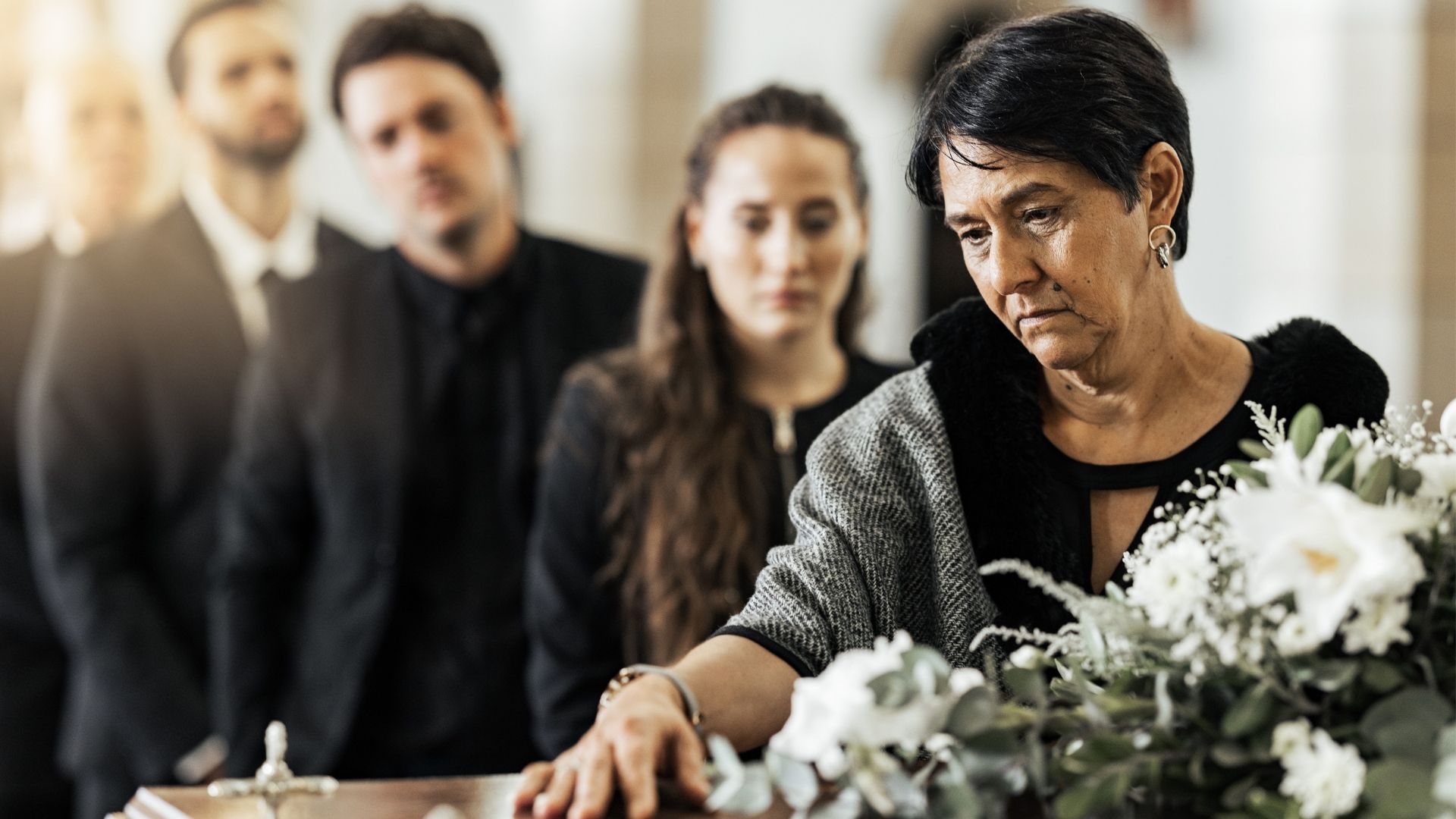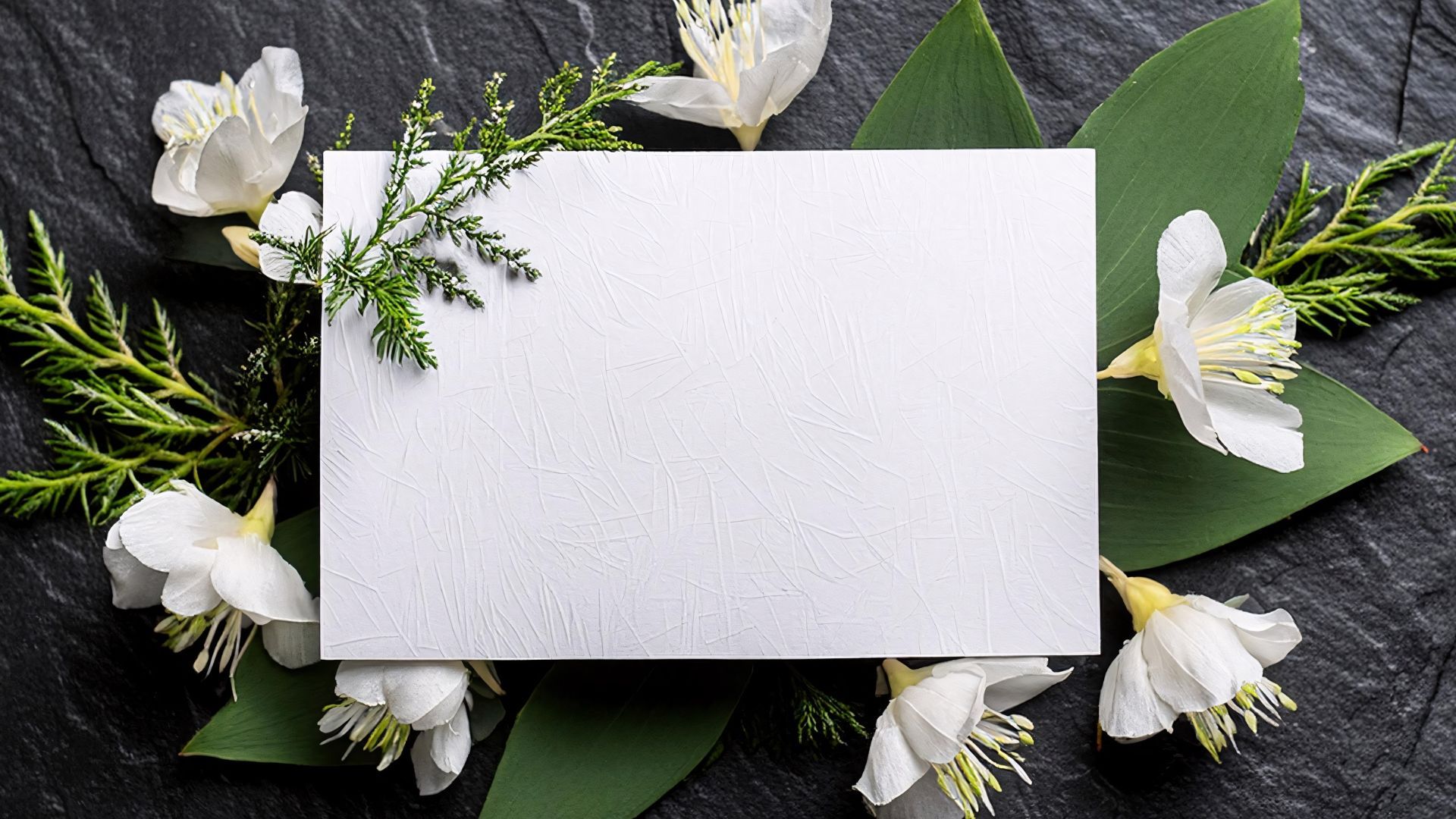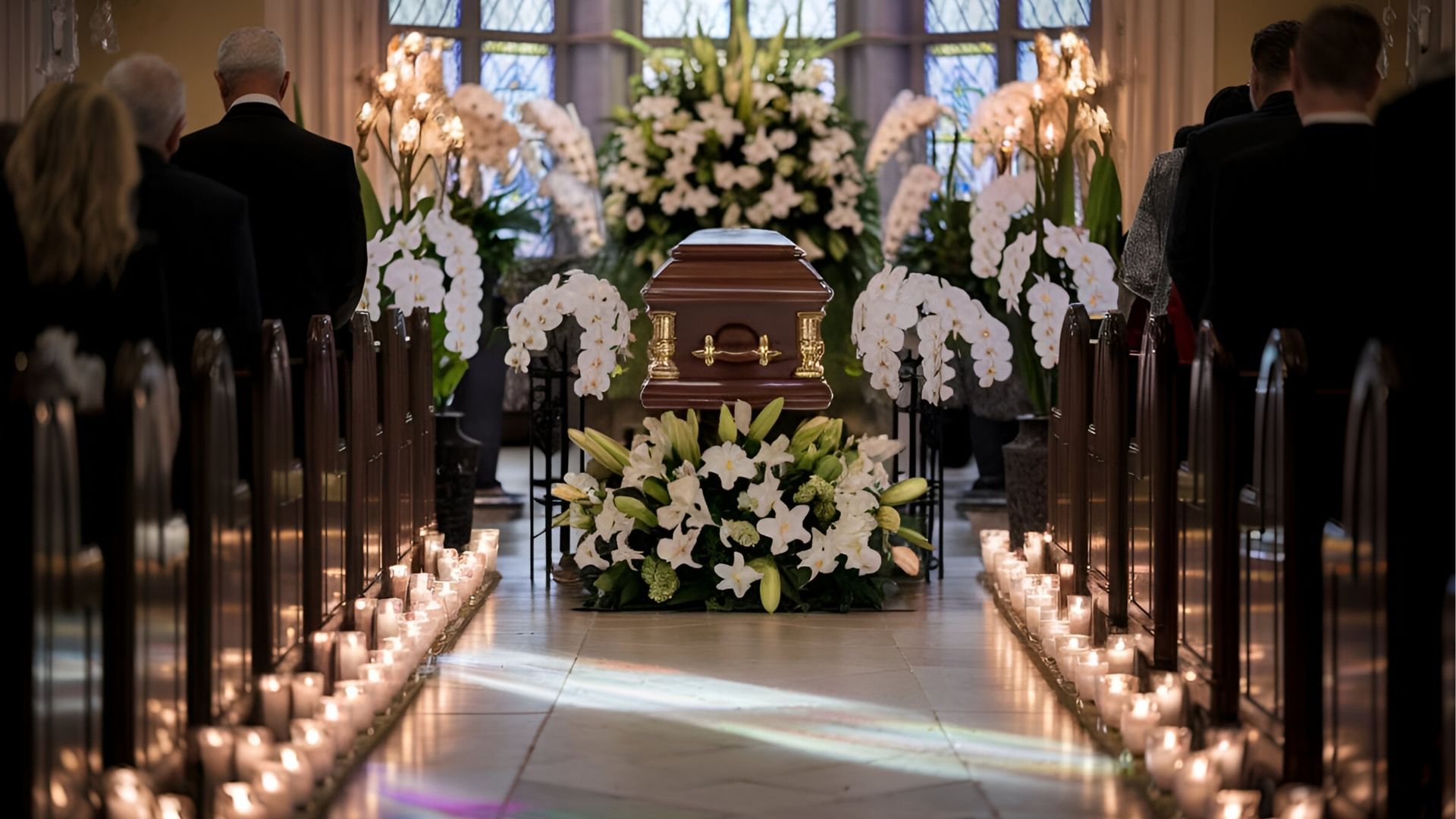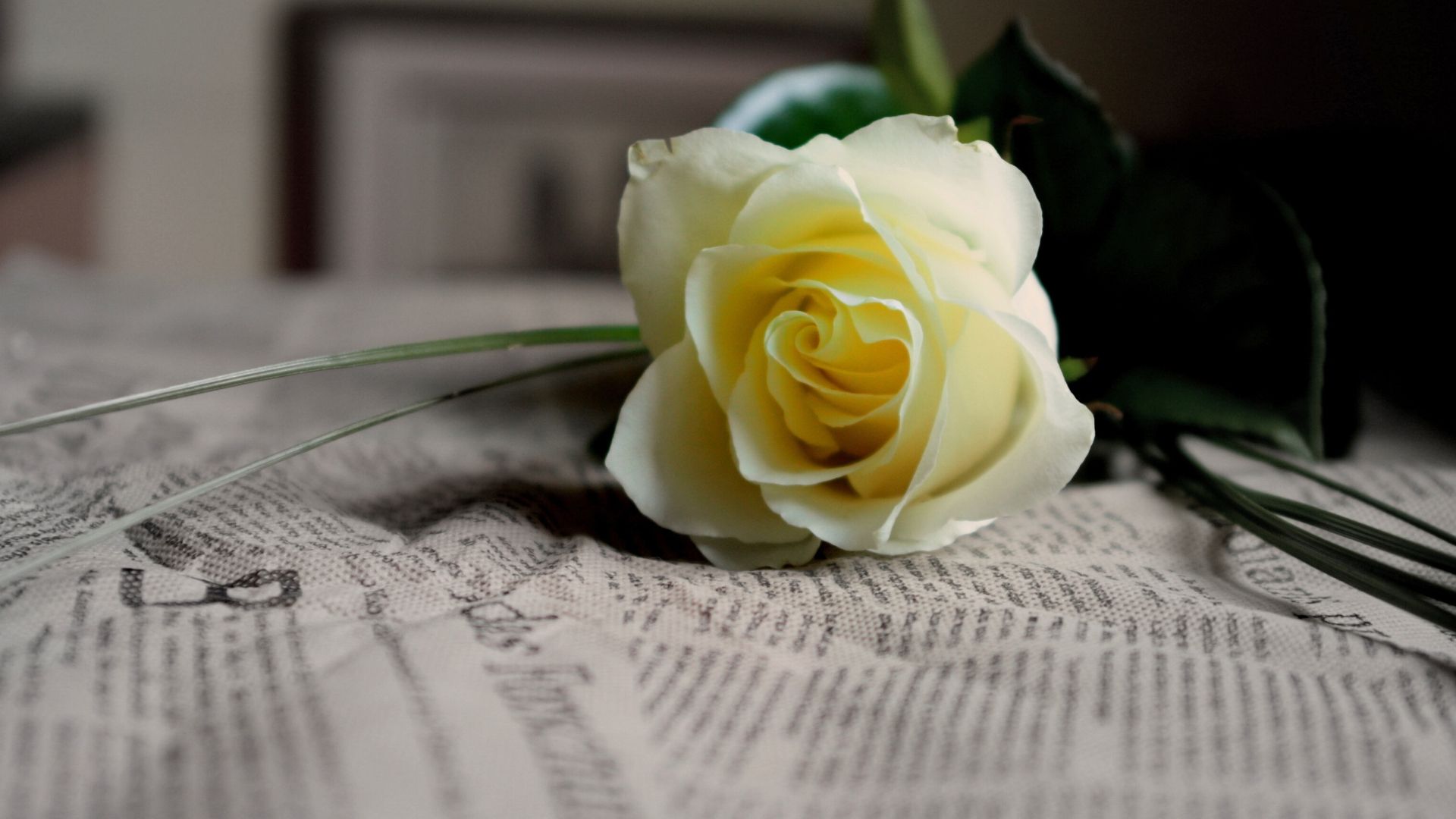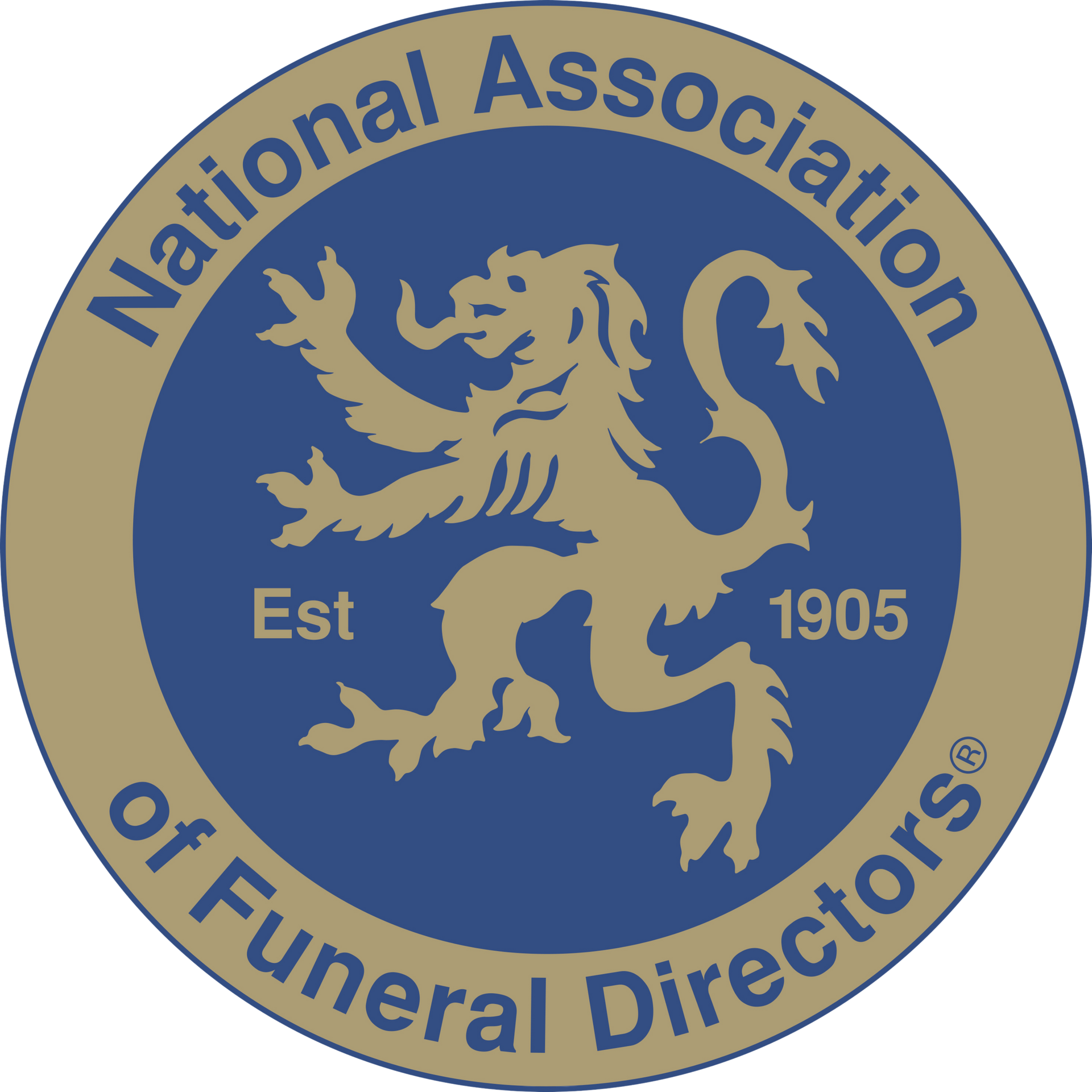What is the difference between a funeral and a wake?
Funerals and wakes are both ceremonies that happen after a person dies. Learn the differences in our guide.
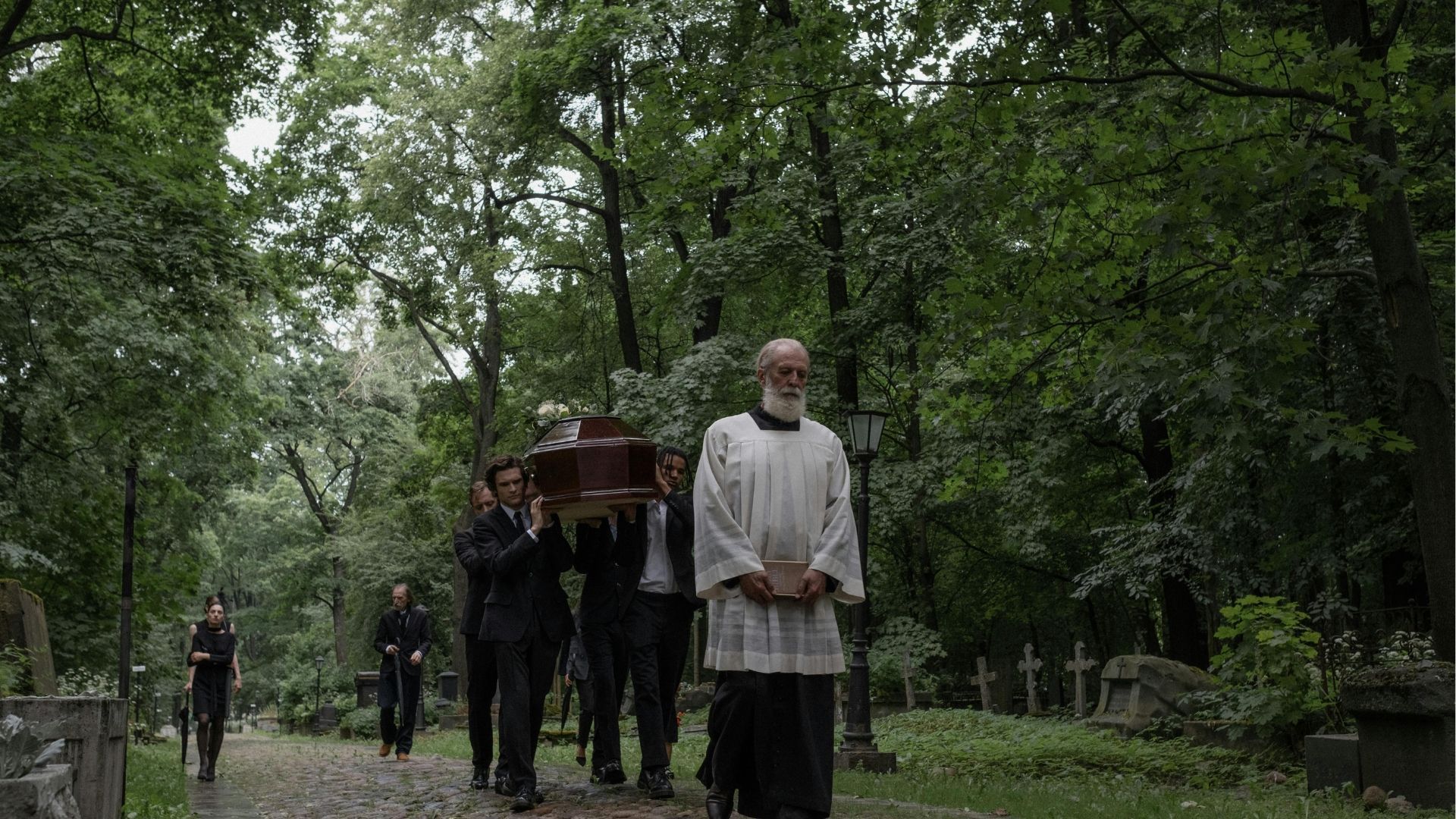
Funerals and wakes are both ceremonies that take place after a person dies. It's easy to see why someone might confuse the two.
So, what exactly is the difference?
Put simply, a funeral is a formal ceremony where people say goodbye to the person who has died. The wake is a more informal get-together that usually occurs after the funeral and focuses on sharing memories and celebrating the person's life.
Those are the basics. But there's a little more to it than just that. Let's look at the differences in more detail.
What is a funeral?
A funeral service is a formal ceremony that happens after a person has died.
There are lots of types of funerals, many of which have roots in religious and cultural traditions. These cultures might have their own names for their distinctive ceremonies, but the word 'funeral' covers them all.
The traditional UK funeral is quite sombre. People wear dark, smart clothes, and the service has a serious feel. In modern times, however, this is changing – many people now choose more informal funeral ceremonies or 'celebrations of life'.
For many years, there were two main funeral options to choose from – burial and cremation. However, this is also changing. Alternative funeral options like direct cremation and natural burial are becoming more popular.
Religious funerals traditionally take place in a place of worship, such as a church, mosque or gurdwara. Non-religious funerals can happen anywhere. Either way, the person's body is usually present during the ceremony.
What is a funeral wake?
A funeral wake is a get-together that usually takes place after a funeral service.
All wakes are different. However, they typically feel more informal than a funeral ceremony. People might drink alcohol and share a buffet or sit down for a meal. It may feel a bit like a party – but with a tinge of sadness, as the guests are there to remember a loved one.
Unlike a funeral service, which tends to follow a strict format, there's no set schedule at a wake. It's more about mingling, catching up with old friends and sharing memories of the person who died.

Wakes can happen at any almost venue. Popular options in the UK include pubs, social clubs and hotel function rooms. Guests often go to the wake venue immediately after the funeral service. In this way, it can help people let off steam after the heightened emotions of the funeral.
A funeral wake is sometimes known as a 'funeral reception' or 'funeral tea'. If it revolves around a meal, it might be called a 'repast'.
Funeral wake vs service: the two ceremonies compared
| Funeral wake | Funeral service |
|---|---|
| An informal get-together | A formal ceremony |
| Happens after the funeral service | Happens before the wake |
| Mostly about getting together and sharing memories of the person who died | Mostly about saying goodbye to the person who died in a structured way |
| Isn't usually religious | Is often religious (but doesn't have to be) |
| Doesn't have a structure or leader | Has a fixed structure and is led by a faith leader or professional officiant |
| Often takes place in a pub, social club or hotel | Often takes place in a place of worship or crematorium chapel |
| The person who died isn't present | The person who died is usually at the ceremony in a coffin |
Can you have a funeral without a wake?
Yes. While it's common to hold a wake in the UK, it's not obligatory.
Lots of people choose to hold a funeral without a wake. Some have an informal memorial service at a later date. Others feel a funeral service is enough and a wake isn't necessary.
In many cultures, wakes are not a traditional part of a funeral. In Islam, for instance, the funeral is followed by a mourning period. During this mourning period, the family stays at home for three days and receives gifts of food from loved ones.
Why is a funeral wake called a 'wake'?
Today, the word 'wake' usually refers to a get-together after a funeral service. In the past, however, the wake happened before the funeral. This kind of wake looked very different to the social gatherings we see today.
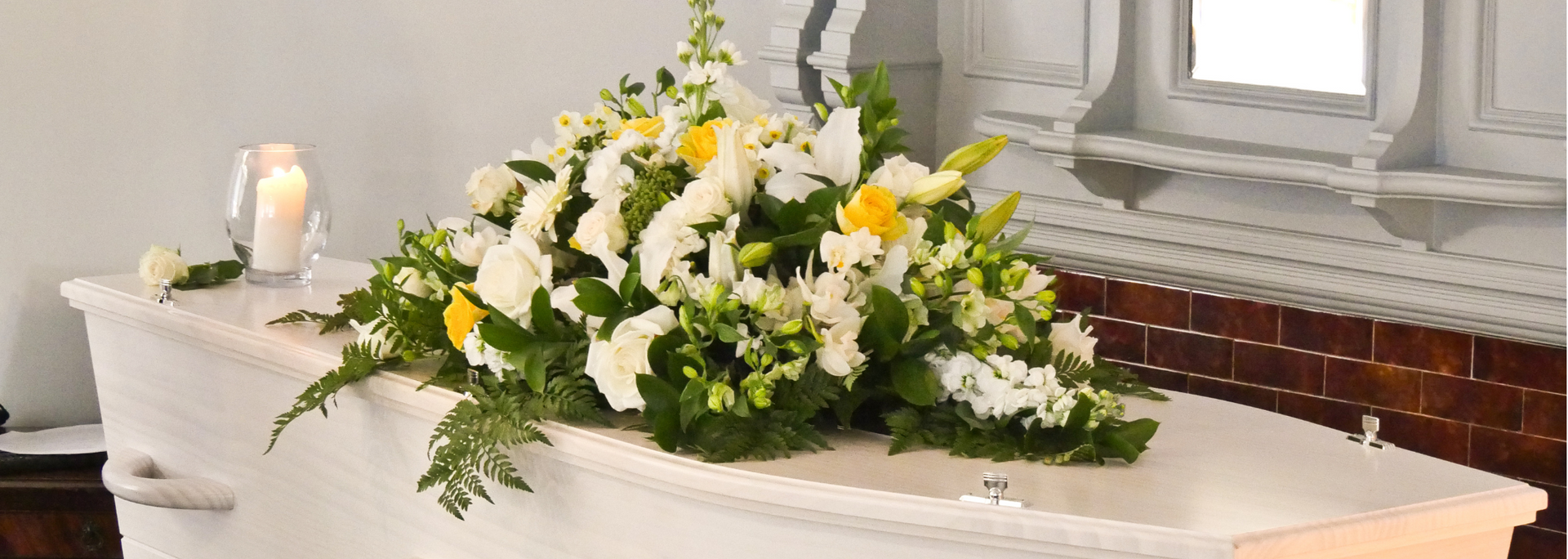
In those times, relatives would keep watch over their loved one's body during the night until the funeral the following day. But it's not called a 'wake' because the family stayed awake with the body. The word 'wake' comes from the Old English waecce, which means 'vigil' or 'guard'.
These early wakes were quiet and sombre. However, with time, wakes developed a more social and uplifting atmosphere. They were no longer limited to close relatives. Friends and acquaintances would visit the home of the person who had died to pay their respects and offer their support to the family.
This type of wake – a social gathering at home before the funeral – is still an important part of Irish funeral traditions. They're also common in parts of England, Scotland and North America. However, most people in the UK use 'wake' to mean a social gathering after the funeral service.
Is a funeral wake a Catholic thing?
In the UK and Ireland, wakes began as a Catholic tradition. They marked the start of the funeral process, when mourners would gather to watch over the person's body. A priest would also arrive to say a few words and lead the mourners in prayer.
These kinds of Catholic wakes still happen today. They may last a few hours or go on for several days. Traditionally, the family would hold the wake at the home of the person who died. Today, however, they're more likely to happen at a funeral home.
You don't have to be Catholic to have a funeral wake, though. Many non-Catholics and non-religious people choose to have wakes. However, most non-Catholics hold the wake after the funeral service without the person's body being present.
Are you planning a funeral with a wake in London? We can help you make the right arrangements for your family and the person who has died. Please feel free to contact us in your own time. Or why not start by reading our guide on how to arrange a funeral?


